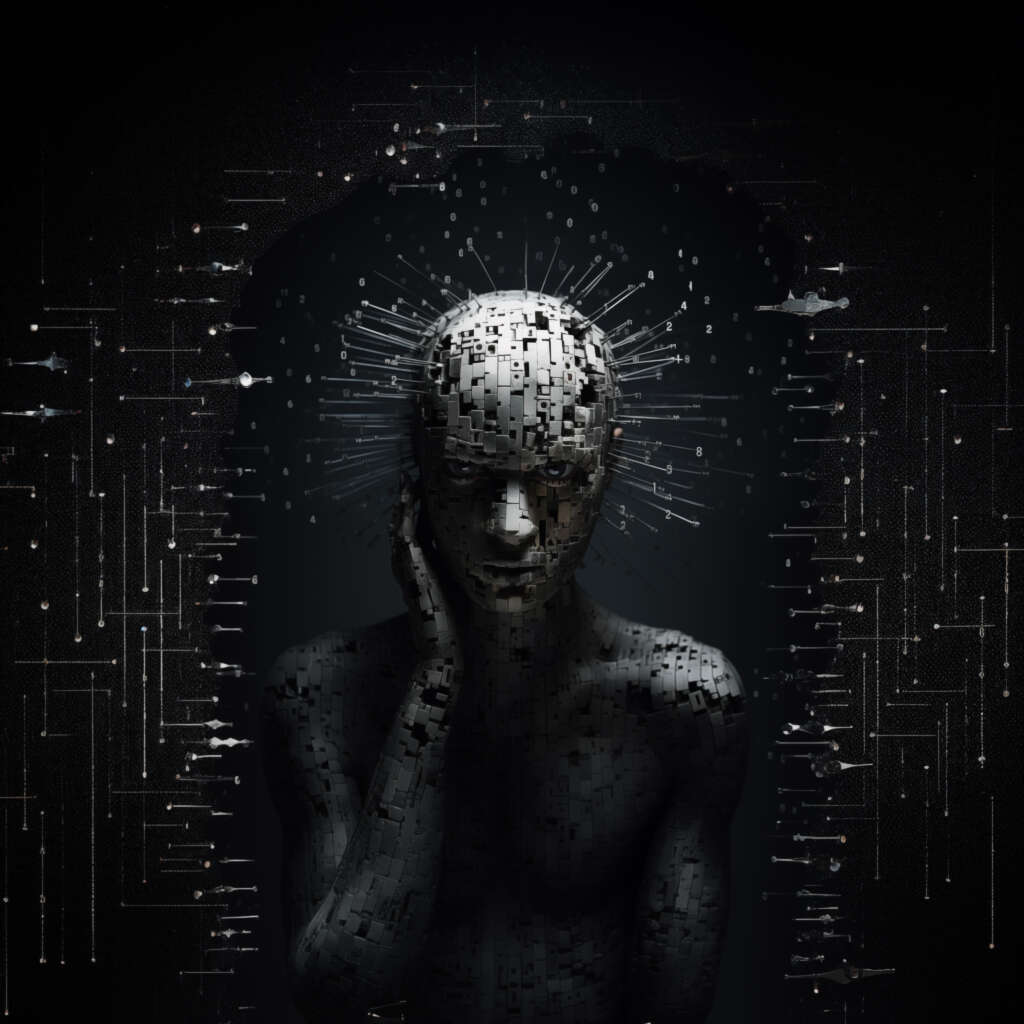
The notion that our reality is an artificial simulation has moved from science fiction to legitimate scientific speculation. Simulation theory proposes that advanced civilizations would create virtual universes, including simulations of their own evolutionary history. Given computing’s exponential growth, our universe could be indistinguishable from such a high-fidelity simulation.
Simulation theory originates with philosopher Nick Bostrom’s “Simulation Argument.” Bostrom deduced that at least one of three possibilities must be true – either humanity goes extinct before reaching simulation capability, we choose not to simulate, or we are almost certainly already in an ancestor simulation.
Theoretical physicist James Gates discovered what appeared to be actual computer code embedded in equations describing fundamental forces of physics. The discovery of information patterns in the fabric of reality lends credence to the simulation hypothesis.
Additional clues arise in quantum mechanics, which behaves unlike anything else in physics. Findings like quantum entanglement, superposition, and the measurement problem defy our intuitions about reality. The bizarre behavior of quantum particles led some researchers to conclude we live in a Matrix-like simulation.
Quantum experiments demonstrate that observing a system can retroactively alter its past state before observation occurred. Particles seem to respond to being watched. This appears consistent with a simulated reality efficiently computing only observable phenomena.
Human technology is already approaching indistinguishability from physical reality, evidenced by advances like photo-realistic CGI and virtual reality. Given millions more years of exponential technological growth, creating Matrix-like simulations should eventually be possible.
Neither simulation theory nor religion can be conclusively proven or disproven. But they both attempt to address fundamental mysteries of existence with a leap of faith in an unseen higher intelligence – whether cosmic programmer or divine creator.
While evidence remains inconclusive, we may be closer to confirming simulation theory than proving the existence of a supernatural God. But the line between simulation and creation blurs when one envisions an infinite hierarchy of realities simulated within realities.
At the core, science and religion grapple with the same question: does our sense of reality emerge from something greater than ourselves? Whether divinely designed or computer programmed, consciousness perceives its world as unambiguously real.
